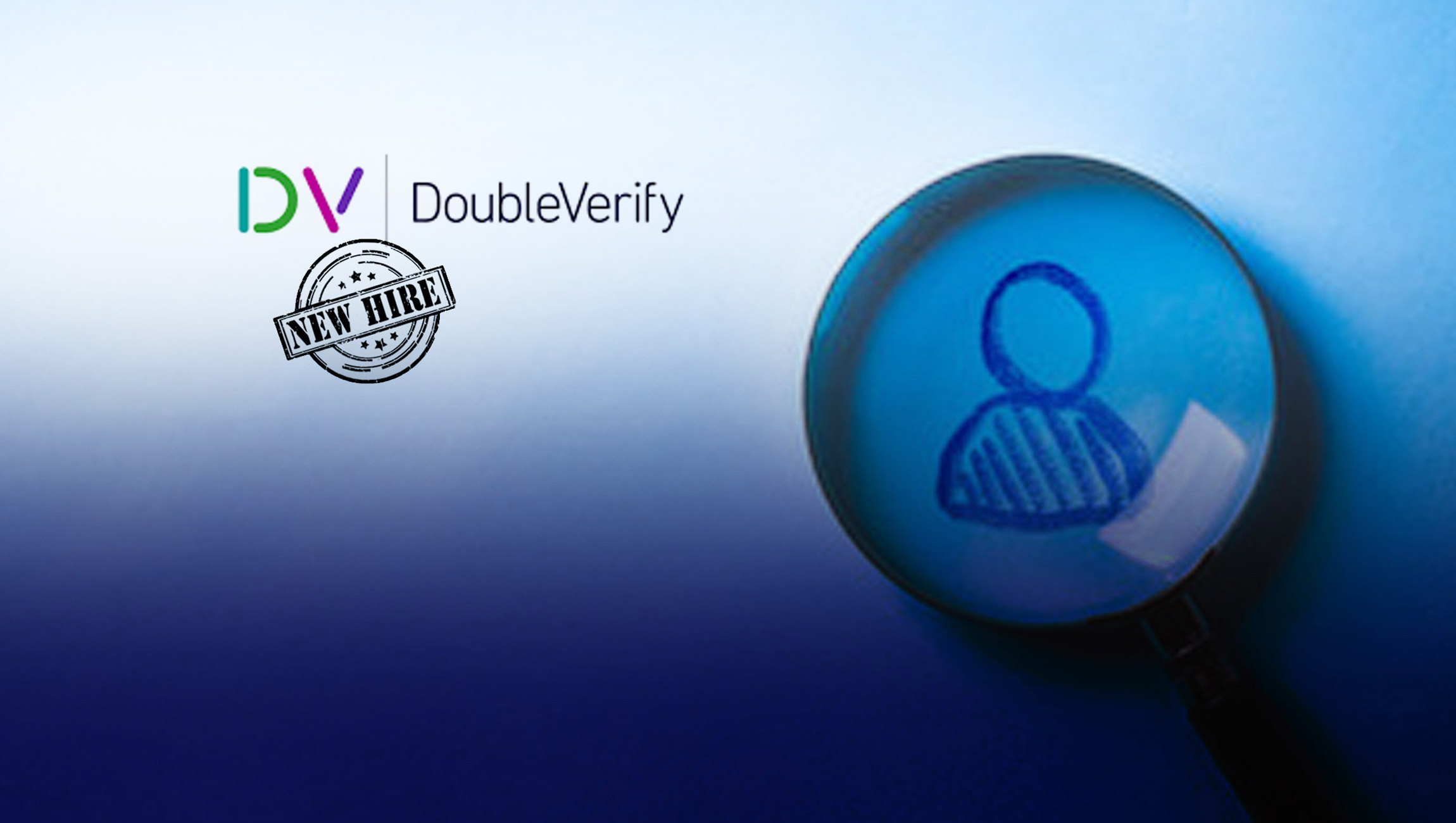“Passing the Gender Equality Vibe Check with Gen Z: From Truth to Trust” reveals Gen Z’s openness to non-binary and fluid identities and the influence of media on perspectives
Today SeeHer, the largest global movement to eliminate gender bias in advertising and media, and Horowitz Research, the leading provider of consumer market research specializing in consumers and their relationships to media, content, and technology, released “Passing the Gender Equality Vibe Check with Gen Z: from Truth to Trust,” a comprehensive study with in-depth insight on the relationship between Gen Z’s views and media consumption.
SeeHer and Horowitz Research sought to better understand Gen Z views on identity, gender, gender roles, and sexual orientation to help inform media and marketing efforts. A consortium of 15 to-24-year-olds participated in the study, utilizing a variety of qualitative and quantitative methods.
The study provides insights, data and shares actionable recommendations for brands to understand and appeal to Gen Z.
The research reveals that the majority of Gen Z embraces and supports the ideals of identity self-determination and expression in everyday life, particularly when it comes to gender and sexuality.
“Passing the Gender Equality Vibe Check with Gen Z: from Truth to Trust”
Marketing Technology News: MarTech Interview with Gregg Johnson, CEO at Invoca
Key findings include:
Acceptance of Non-Binary and Fluid Identities: Half (50%) of Gen Z surveyed believe gender is non-binary. Two thirds (64%) believe sexuality is fluid and changeable. Nearly 40% said labels used to define a person should be chosen by the individual, not society.
Gender Does Not Define Roles: Over 50% of Gen Z feel gender does not define roles and both men and women can do anything from wearing makeup to doing manual labor or having a career in STEM. Further, over half of Gen Z would like to see women in ads and content portrayed as being engaged in personal growth and 45% would like to see women portrayed as being in charge of their destiny.
Media’s Role In Their Views: Forty-three percent (43%) said media content helped drive their acceptance of others’ gender identities and sexualities. A third (34%) said media drove them to become advocates for gender/sexuality rights. Nearly two-thirds (62%) said TV shows, 60% said celebrities and influencers, and 54% said digital media content have influenced what they think about gender and sexuality. In addition, female identifying Gen Z are 2X more likely than male identifying Gen Z to say media has influenced them not to conform to traditional gender roles.
Brands Commitment To Allyship: Nearly 50% claimed, “when I know a brand is committed to diversity and inclusion, I find myself more likely to do business/shop with them.” Expressions of commitment to gender and inclusivity are not going to move the needle with this group. Close to half (46%) said to trust a brand, it’s not enough to claim support, but to show action. The study provides a framework for marketers and content creators to “pass the gender equality vibe check with Gen Z” by providing strategies for rethinking traditional labels and targeting and how to be more intentional about how gender roles and sexual identities are depicted.
“This is the time for advertising to join the conversation on inclusion and identity fluidity that Gen Z is having,” said Adriana Waterston, Chief Revenue Officer, Insights and Strategy Lead, Horowitz Research. “The research arms brands with the insights they need to take an introspective look at their company’s positions on these issues. Brands will need to think about how they will stay relevant in the context of a seismic shift in thinking about gender.”
“Across all generations, Gen Z is the foremost champion of women’s equality,” added Christine Guilfoyle, President, SeeHer, Association of National Advertisers (ANA). “We conducted this study to help marketers and media authentically connect with Gen Z consumers, as understanding this generation is a critical business imperative for today and tomorrow.”
“Marketers and media need to consider how they can make shifts to be more aligned with this generation’s concerns, passions, viewpoints, and beliefs” concluded Latha Sarathy, Chief Research Officer, ANA. “The Gender Equality Vibe Check provides a new framework for helping brands and content creators accurately reflect and tell more resonant stories for Gen Z.”
Marketing Technology News: impact.com Announces Stellar Line-up of Speakers at Flagship IPX2023 London Event












